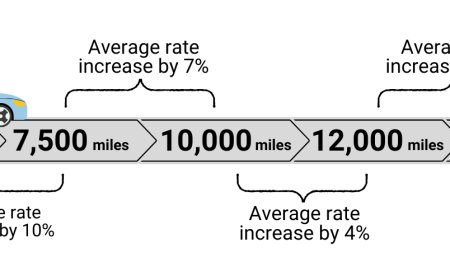CDSCO Approval for Medical Devices: Everything You Need to Know Before Launching
The medical device industry in India is witnessing rapid innovation and demand, driven by advancements in diagnostics, treatment technologies, and public health needs. However, before launching any medical device in the Indian market, securing CDSCO approval is not just necessary—it’s legally mandatory. Whether you're a startup developing a low-risk diagnostic tool or a global manufacturer entering India with a high-risk implant, compliance with the Central Drugs Standard Control Organization (CDSCO) is critical for market access.
What is CDSCO Approval?
The CDSCO is the national regulatory authority responsible for approving medical devices, pharmaceuticals, and diagnostics in India. Under the Medical Devices Rules (MDR), 2017, medical devices are categorized into four classes—Class A (low risk), Class B (low-moderate risk), Class C (moderate-high risk), and Class D (high risk). The approval process varies depending on the classification and intended use of the device.
Who Needs CDSCO Registration?
-
Manufacturers of medical devices within India
-
Importers of foreign medical devices
-
Authorized Indian agents representing foreign manufacturers
-
Distributors handling regulated medical devices
Any individual or company involved in the above activities must apply for registration and obtain approval prior to marketing the product in India.
Steps for CDSCO Approval
-
Device Classification
First, determine the correct classification of your device. This will dictate the documentation, testing, and approval path required. -
Appoint an Authorized Indian Agent (for Foreign Manufacturers)
If you're a foreign entity, you must appoint an Indian firm or consultant to act as your local liaison for the application process. -
Application Submission
Submit an application online through the CDSCO SUGAM portal along with required documents such as Device Master File (DMF), Plant Master File (PMF), ISO certificates, clinical evaluation reports (if applicable), and labeling details. -
Review and Queries
CDSCO may raise technical or compliance-related queries, which must be addressed promptly. The timeline for approval can vary from a few weeks to several months based on the device risk class and documentation quality. -
Grant of License/Approval
Once satisfied, CDSCO will issue the license or registration certificate allowing the manufacturer or importer to legally market the device in India.
Common Mistakes to Avoid
-
Incorrect device classification
-
Incomplete technical documentation
-
Delayed response to regulatory queries
-
Lack of understanding of post-market obligations like reporting adverse events
Ensuring accuracy and preparedness can significantly reduce delays and streamline approval.
How Agile Regulatory Can Help
At Agile Regulatory, we specialize in guiding medical device manufacturers and importers through the complete CDSCO registration process. From identifying the correct device classification to compiling technical dossiers and responding to regulatory queries, our experts ensure a smooth and timely approval experience. Whether you're a startup launching your first device or a global brand expanding into India, we provide tailored compliance strategies to get your products to market faster—with full legal assurance.
Conclusion
Launching a medical device without CDSCO approval isn’t just a compliance risk—it’s a business risk. Understanding and navigating the approval process early helps protect your brand, reduce time to market, and build trust with buyers and regulators. Make compliance part of your launch plan—not an afterthought.





































